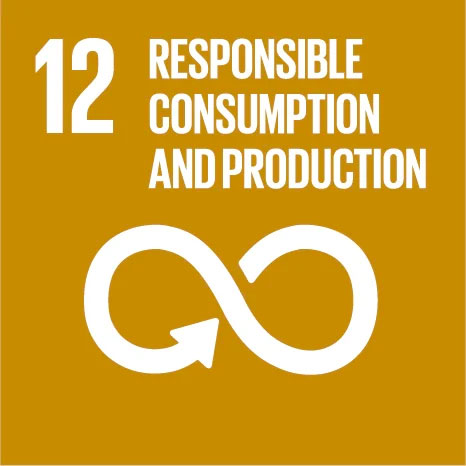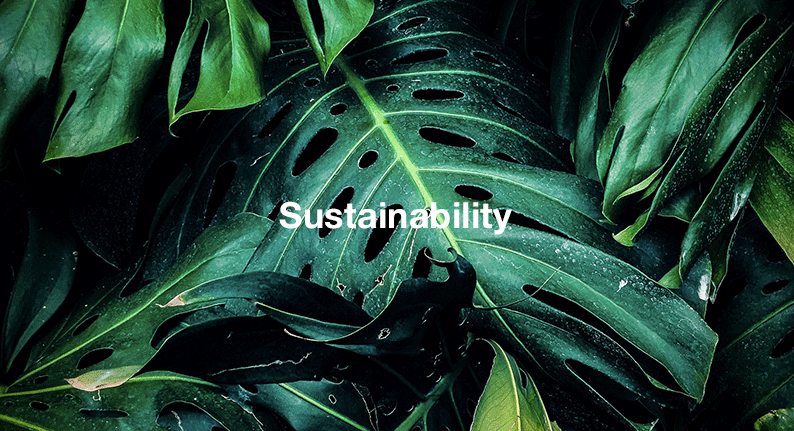Sustainable Development Goals 12: Responsible Consumption and Production
25 Apr, 2020 12:45 AM / by Quek Leng Chuang

How We Relate to Sustainable Development Goals 12: Responsible Consumption and Production
Circular economy, Zero Waste approach and conscious use of raw materials: This SDG is densely connected to our core business activities. As raw materials, consumption and production are the basis of our economy, we see this SDG as a crucial one towards achieving wholesome sustainability. Find out what it consists of and how we implement the circular economy approach at Environmental Solutions Asia.
Aspects of this goal
As a first target, the UN emphasize the implementation of the ten years framework for sustainable consumption and production. According to the UN, Heads of States reaffirmed at Rio +20, a conference for sustainable development held 2012 in Rio, that they would commit to this goal. The United Nations laid the foundation for a whole association, the so-called SCP (Sustainable Consumption and Production Patterns) including a whole organisation around it. This should contribute to the faster realization of the SCP whilst providing financial assistance from voluntary contributors. All stakeholder are invited to participate in fostering the SCP. There are six different sub-programmes in this realm, amongst them Sustainable Tourism and Sustainable Food (the latter since 2014). Apart from the whole structure, networking and interconnectedness with other stakeholders however, the SCP stay rather abstract and the public is not widely informed about it yet even though there is also a programme for consumer information included.
The second sub-target re-emphasizes the “sustainable use and management of natural resources.” The measurable targets here aim to lower material footprint and material footprint per capita.
The UN here puts a special emphasis on food waste which should be halved by 2030. As a special kind of waste, food waste has meanwhile become a challenge in countries all over the world. A lot of perfectly edible food is still wasted every day, most of it on the consumers level especially in developed countries. There, it shows an even higher environmental footprint as it has already undergone transportation and processing.
One aspect is also devoted to sound chemical management throughout their lifecycle. Companies are required to handle chemicals accordingly to international safety standards and to ensure that nothing can harm the environment this way.
The whole Zero Waste approach is incorporated into this SDG as well. However, the chronological order of refuse (prevention) – reduce – reuse – recycle and rot should be maintained. If possible, the UN encourages stakeholders to prevent waste, otherwise reduce it and so on.
The United Nations also encourage companies to follow sustainable production patterns and public procurement policies that support those. This seems clear cut, however the measurable target for business (number of companies publishing a sustainability report) is questionable. Also companies that still do not work sustainable in the sense of SDG 12 publish corporate sustainability reports. The other way round, a remarkable share of small companies might work sustainable but do not publish a sustainability report due to their size.
The last goal addresses correct information of the customer: By 2030, everyone should have the information required in order to make sustainable production decisions. At least all people who have access to the internet nowadays can source information for sustainable production and consumption already. Information there is diverse but not always reliable and people are often confused by the various decisions they have to do every day. So most of them do not deal at all with sustainable consumption. The information is existing already, the problem is the system in reality that is still fit for unsustainable consumption in most of the countries and that consumers feel often overwhelmed by the number of decisions and the sources of information they have.
How we implement this goal
Through recycling of base and precious metals, we close the loop and support a circular system for these energy-intensive commodities. Moreover, in our business operations we follow a zero waste approach, ensuring that we create the lowest amount of toxic and hazardous waste possible. As we are diverting packaging waste away from the landfill, we support the transition towards a Zero Waste society in Singapore and lift pressure from the last remaining landfill there. Connected to our low carbon approach, we produce responsibly with carbon missions even below zero and enable other companies to do the same via our carbon certificates. With these activities, we support the implementation of sustainable consumption and production patterns in Singapore and beyond.
With our recycling operations and the issuing of carbon dioxide certificates, we also permit other businesses to work in a more sustainable way, either as waste recyclers or metal buyers.

Do you still discard your toxic and hazardous waste or packaging waste to the landfill?
Or are you interested in buying sustainably sourced high-quality metal concentrates such as copper and nickel?
Get in touch with us today.
Topics: Carbon Neutrality, Carbon Offset, Corporate Social Responsbility, Environmental Offset, Reimagining Sustainability, Sustainability in Singapore
Written by Quek Leng Chuang
LengChuang is a chemical engineer and an expert in carbonomics. He is the founder and owner of Environmental Solutions (Asia) Pte Ltd.
